
Stories, ideas, and updates from DGers around the world
The Development Gateway: An IREX Venture blog is where DGers share specific learnings, offer thought-provoking insights, and pose challenging questions for the sustainable development community derived from our work.
Our blog has a deep archive going back to 2005. Each post is a snapshot into our work, priorities, and values.
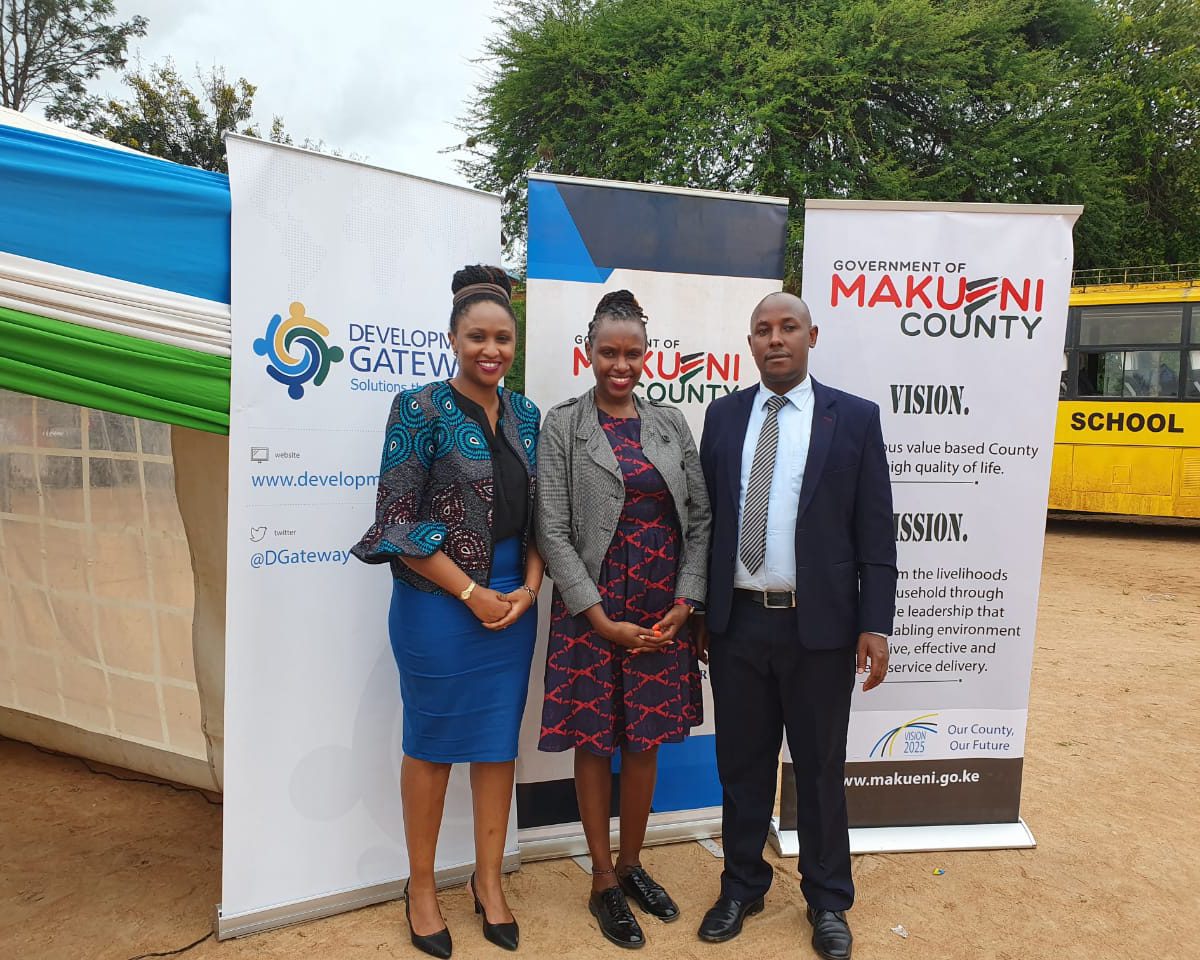
Now Live – Kenya’s First Subnational Open Contracting Portal!
It’s not every day in the open technology space that the opportunity to be the very first at something arises. But last week, we were a part of the launch of the Government of Makueni County’s Open Contracting Portal – Kenya’s first sub-national open contracting portal.
-1200x941.png)
Towards Full System Ownership: the Government of Ethiopia’s Journey to AMP Self-Reliance
The model of DG team members working with MoFEC to provide comprehensive support is effective – and has worked well for many years. However, while working through details for a new support contract in early 2017, the MoFEC technical and management teams expressed interest in maintaining and developing new features on the AMP on their own. One of our ultimate aims is to enable partners to assume and maintain full system ownership – so unsurprisingly, AMP team was ready and eager to work with MoF to make this possible.
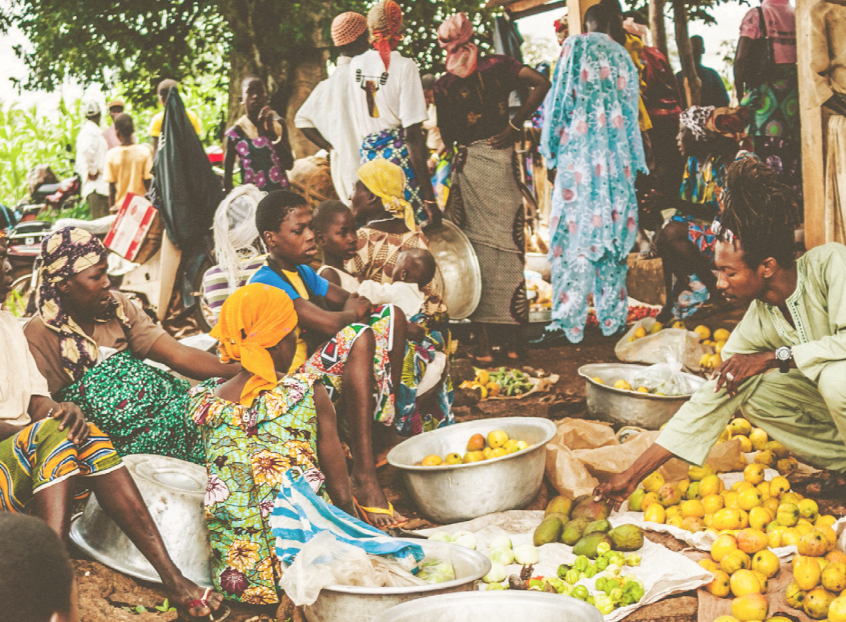
Introducing the Principles for Subnational Data Use
Tying the DataRev's themes together and driving home the efficacy of investing in subnational data skills, we launched six Principles for Subnational Development. Colleagues shared illustrative case studies, drew important connections to the Principles for Digital Development, and led group discussions to further solidify the Principles.
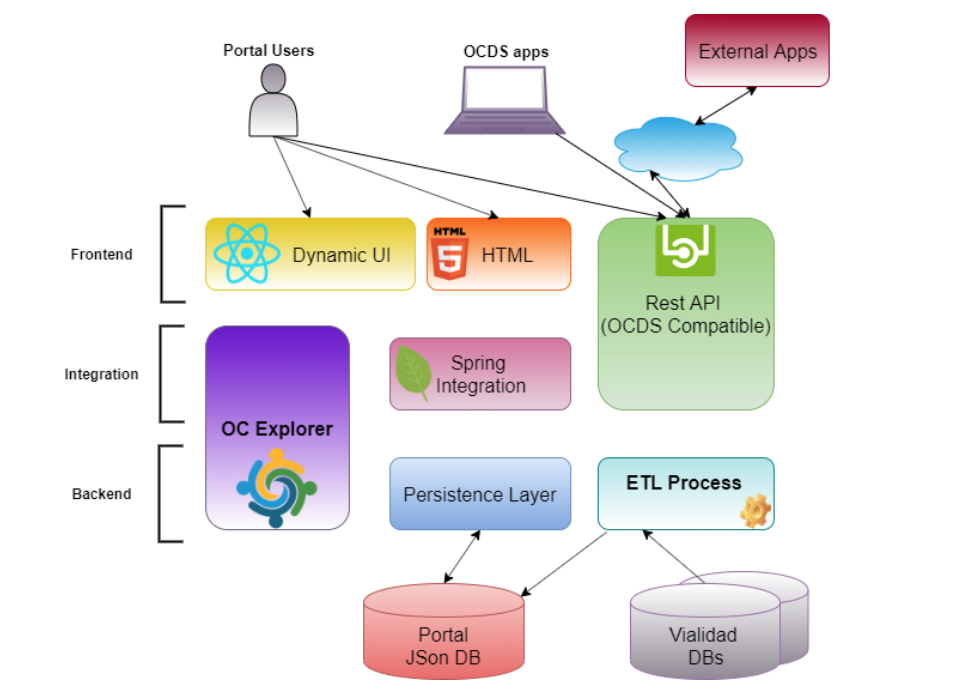
Why use Kettle to publish data using the OCDS Standard? // Por qué utilizar kettle para la publicación de datos en el estándar EDCA ?
Esta publicación está disponible en español al final de esta página. In Argentina, the National Roadwork Directorate (DNV) is responsible for improving and expanding the country’s extensive network of highways and roads – an essential body to infrastructure initiatives. In early 2019, DG began collaborating with DNV to publish its contracting data using the OCDS through an open data portal.

A New OCDS portal for Argentina’s Dirección Nacional de Vialidad // Un nuevo portal EDCA para la Dirección Nacional de Vialidad de Argentina
Esta publicación está disponible en español al final de esta página. Over the last 10 months, Development Gateway (DG) has worked with Argentina’s National Roadworks Directorate (DNV) to create an Open Contracting (OC) data portal for the DNV.
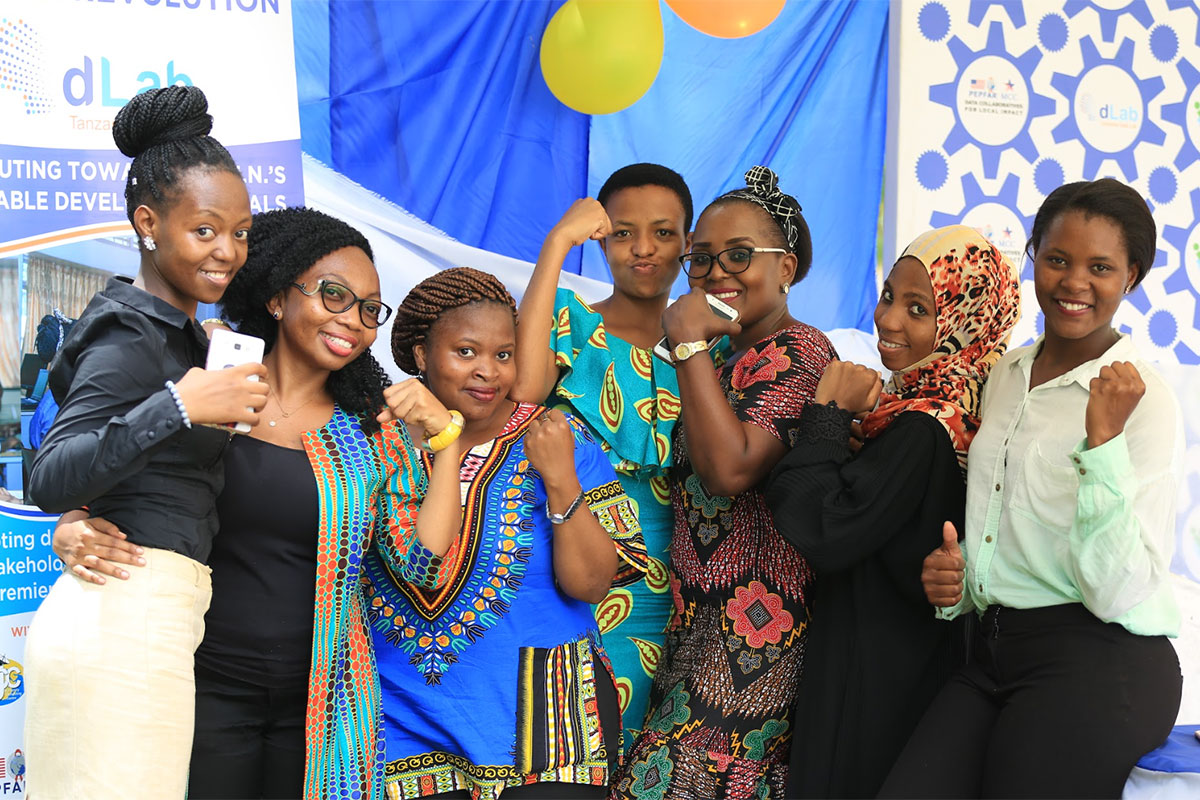
DG at the DataRev, November 20-22
The DataRev begins on November 20th here in Washington, D.C, kicking off a 3-day learning, collaborating, and networking event centered on the importance of data use to inform, drive, and measure development outcomes. At the Data Rev, we’ll gather with partners to promote and discuss the importance of investing in local data skills to drive decision making.
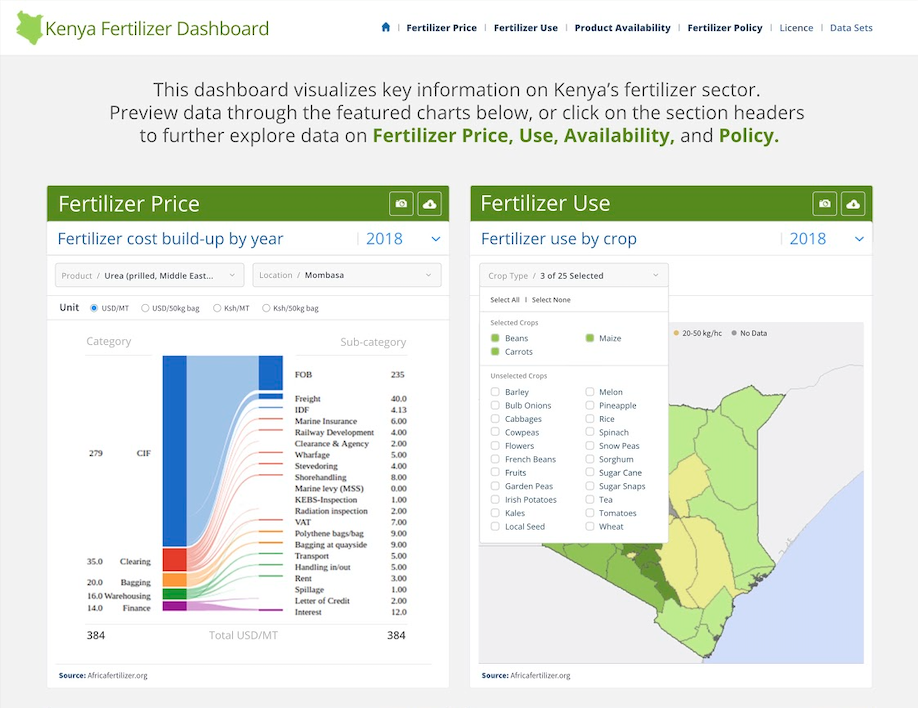
The VIFAA Kenya Stakeholder Workshop: Open Doors for Engagement
Since November 2018, Development Gateway (DG) has led the Visualizing Insights on Fertilizer for African Agriculture (VIFAA) program, a four-year partnership with the Bill & Melinda Gates Foundation. VIFAA is working to address the supply, demand, and use of fertilizer data at both country and regional levels. To do so, we’re focusing on cross-stakeholder collaboration,
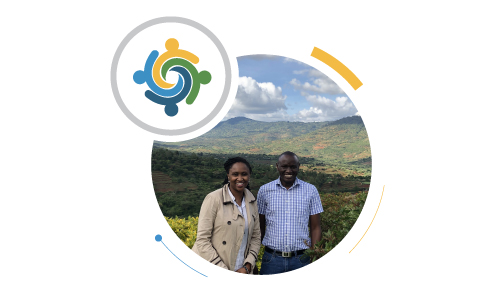
Sharing DG’s Strategic Vision
Development Gateway’s mission is to support the use of data, technology, and evidence to create more effective and responsive institutions. We envision a world where institutions listen and respond to the needs of their constituents; are accountable; and are efficient in targeting and delivering services that improve lives. Since late 2018, we’ve been operating under

Big Data in Development: A Cautionary Note
Imagine a young woman in her mid-20s in Nairobi, Kenya, named Rehema. Twenty-four hours a day, seven days a week, she is surveilled. When she turns off her morning alarm, an app logs how many hours she slept. As Rehema jumps onboard a bus to go to work, her phone tracks her location.
-1200x1200.jpg)
Takeaways from #D4GX19: Harnessing Data Science for the SDGs
Bloomberg’s Data for Good Exchange (D4GX): Data Science for SDGs brought together data scientists, corporations, academics, practitioners, and civil society to discuss issues and explore opportunities related to data science and social good. Given DG’s recent work on the Administrative Data Driven Decisions (AD3) program and understanding national data ecosystems, we opened our D4GX workshop asking, “Show of hands – who thought today’s workshop would cover how to use data science and administrative data to report on SDG indicators?”